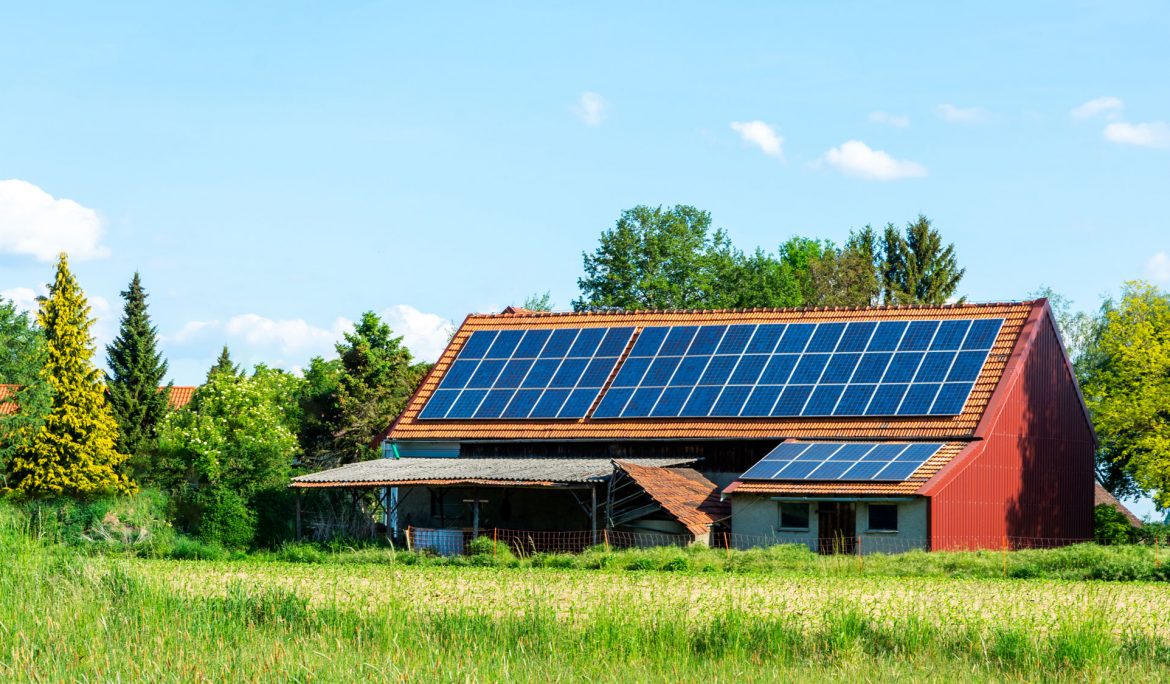Photovoltaics (PV), or solar power, is used to convert the sun’s energy directly to electricity. From single cells used to power calculators to multi megawatt solar farms, PV has numerous uses in the modern world. In recent years the cost of PV has decreased dramatically, so much so, it is competitive with nonrenewable energy sources like oil and coal.
Creating a sustainable energy source is the essential milestone for a successful business
Mohammad Trade , CEO , Solaris Lebanon
The most cost effective PV system is one that is Grid Tied using a battery-less inverter system to process the energy. A group, or Array, of PV panels are connected together in sub groups or strings.
These strings or groups are all connected together in a Combiner Box which is located near the Array.
The DC electricity from the PV panels flows through Combiner Box to the Inverter. At the Inverter the DC is converted to AC electricity which is normal household power. The AC electricity them goes to a safety switch for the utility located outside near the power meter. From there it goes to the main electrical panel. Once in the electrical panel the electricity is used by the loads connected to the panel to power lights or appliances. Any extra electricity that is not used in the panel is pushed out or “sold” to the utility grid. New electronic power meters that read power flow coming and going track the energy sold to the utility.
Options of PV Systems
OPTIONS:
Starting 1000 watts to Larger
commercial systems available.
Starting 6 KWH Energy/Day
Voltages / DC 200 – 600 Volts |
AC – 120, 208, 240, 277 Volts
Virtually Low maintenance
DETAILS
Panels can be roof or round mounted
Panels can be 100 meters from Inverter.
Inverter located in utility area.
Utility disconnect is outside near Utility
meter.



